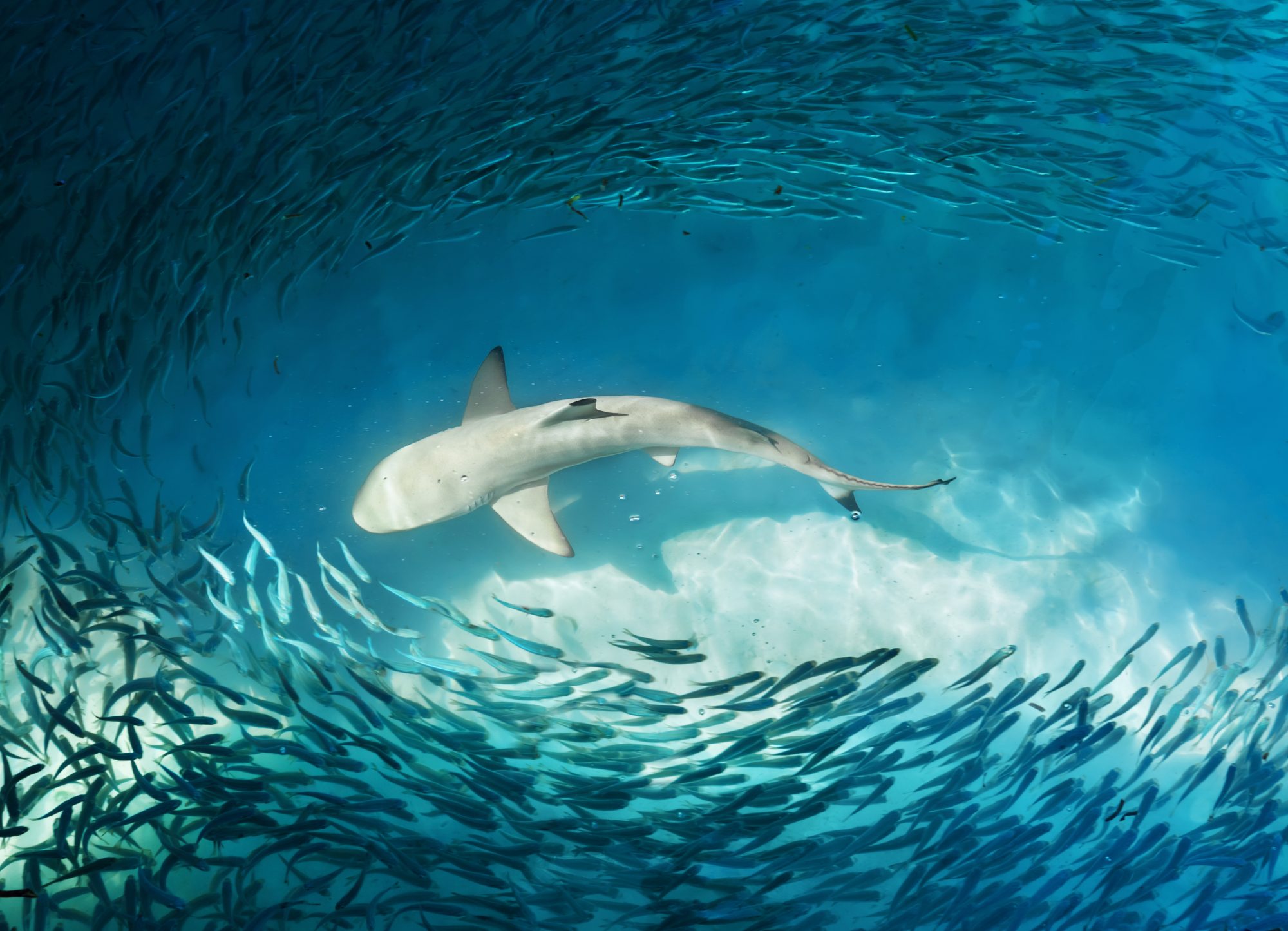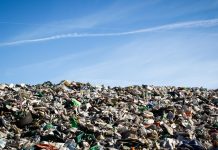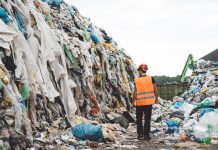Open Access Government charts the priorities of Virginijus Sinkevičius, European Commissioner for Environment, Oceans and Fisheries, particularly concerning the role of oceans and the circular economy
Commissioner for the Environment, Oceans and Fisheries, Virginijus Sinkevičius’ responsibilities include ensuring the environment, oceans and fisheries remain at the core of the European Green Deal; Leading on a Circular Economy Action Plan; and promoting plastic-free oceans and proper implementation of legislation on plastics, particularly microplastics. Now, he looks toward the link between oceans and the circular economy.
In April, at the Our Ocean Conference in Palau, the EU renewed its pledge towards international ocean governance with a list of 44 commitments for 2020-2022 worth a combined total of almost €1 billion.
The commitments cover all the themes of the international conference: marine protected areas; tackling marine pollution; confronting the ocean-climate crisis; creating sustainable blue economics; advancing sustainable, small-scale fisheries and aquaculture; and achieving a safe, just and secure ocean.
Flagship commitments include almost almost €500 million over the period 2021-2023 for research, development and innovation in seed funding for the Horizon Mission Restore our Ocean and Waters by 2030.
The “Mission Ocean” will address the ocean and waters as one and play a key role in achieving climate neutrality and restoring nature. It will help achieve the EU objectives of protecting 30% of member states’ sea area, as well as restore marine ecosystems, prevent and eliminate pollution by reducing plastic litter at sea, nutrient losses and use of chemical pesticides and help the further development of a sustainable and circular economy.
The EU has introduced a commitment tracking tool to allow citizens to follow the progress of implementation.
Speaking at the conference, Sinkevičius said: “The sum the EU is committing today is significant, but not as significant as the role that the ocean plays for our very existence. It provides us clean air, regulates the climate, hosts a large part of biodiversity on Earth and is key for our economy. The ocean is bringing all these benefits to us and we need to protect it. Our future depends upon it.”
Ukraine war: Help for the aquaculture sectors
April also saw the Commission propose an amendment to the European Maritime & Fisheries Fund 2014-2020 (EMFF), which would allow additional crisis measures to support the EU fishery and aquaculture sectors in light of Russia’s invasion of Ukraine.
Following the first package of measures announced in March, it comprises financial compensation for additional costs, lost income and aid for the storage of products, as well as for the temporary cessation of fishing activities due to safety concerns.
Sinkevičius said: “The fishery and aquaculture sectors are heavily impact by the war in Ukraine. There are still financial resources available under the EMFF. With this proposal, we give the possibility to member states to reallocate them to specific measures mitigating the socio-economic impact of the crisis.”
Circular Economy Action Plan
March saw the Commission adopt a new Circular Economy Action Plan which, as part of the European Green Deal, aims to strengthen economic competitiveness while protecting the environment and giving new rights to consumers.
The plan presents measures to:
- Make sustainable products the norm in the EU. The Commission will propose legislation on Sustainable Product Policy to ensure that products placed on the EU market are designed to last longer, are easier to reuse, repair and recycle, and incorporate as much as possible recycled material instead of primary raw material. Single-use will be restricted, premature obsolescence tackled and the destruction of unsold durable goods banned.
- Empower consumers. Consumers will have access to reliable information on issues such as the reparability and durability of products to help them make environmentally sustainable choices. Consumers will benefit from a true ‘Right to Repair’.
- Focus on the sectors that use the most resources and where the potential for circularity is high. The Commission will launch concrete actions on electronics, batteries and vehicles, packaging, plastics, textiles, construction and buildings, and food services.
- Ensure less waste. The focus will be on avoiding waste altogether and transforming it into high-quality secondary resources that benefit from a well-functioning market for secondary raw materials. The Commission will explore setting an EU-wide, harmonised model for the separate collection of waste and labelling. The Action Plan also puts forward a series of actions to minimise EU exports of waste and tackle illegal shipments.
Sinkevičius said: “We only have one Planet Earth, and yet by 2050 we will be consuming as if we had three. The new plan will make circularity the mainstream in our lives and speed up the green transition of our economy. We offer decisive action to change the top of the sustainability chain – product design. Future-oriented actions will create business and job opportunities, give new rights to European consumers, harness innovation and digitalisation and, just like nature, make sure that nothing is wasted.”
https://ec.europa.eu/commission/presscorner/detail/en/IP_22_2398
https://ec.europa.eu/commission/presscorner/detail/en/IP_22_2408
https://ec.europa.eu/commission/presscorner/detail/en/ip_20_420











